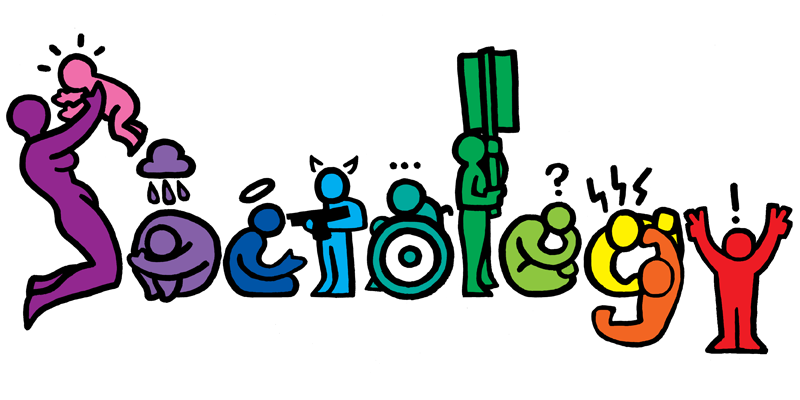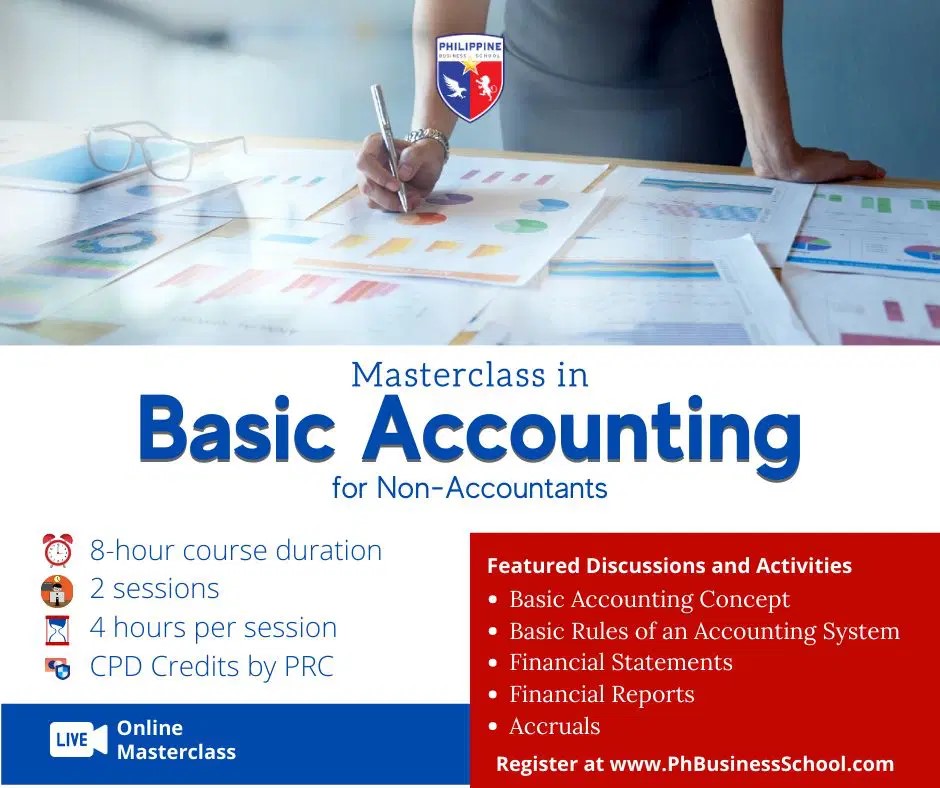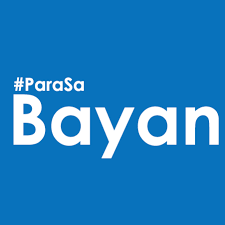BPAE01_Environmental Management_2B
The course will offer
a critical overview of current environmental policy, planning, and management
in both local and global contexts. Understanding purposeful efforts to apply
environmental knowledge to practice in order to accomplish specific objectives
in the use and management of landscapes, societies, and/or natural ecosystems
is at the core of this course. Also, this course is intended to support and
facilitate the development of environmental management system (EMS) among small
and medium-sized organizations. It explains how to develop and implement an
effective EMS and how it can supports organization’s mission and goals.

BPA 2A GENE05 Purposive Communication
Purposive Communication is a three-unit course
that develops students’ communicative competence and enhances their cultural
and intercultural awareness through multimodal tasks that provide them
opportunities for communicating effectively and appropriately to a
multicultural audience in a local or global context. It equips students with
tools for critical evaluation of a variety of texts and focuses on the power of
language and the impact of images to emphasize the importance of conveying
messages responsibly. The knowledge, skills, and insights that students gain
from this course may be used in their other academic endeavors, their chosen
disciplines, and their future careers as they compose and produce relevant
oral, written, audio-visual and/or web-based output for various purposes.

PUBLIC ACCOUNTING AND BUDGETING - BPA 3
This course is accounting and reporting for government. A large part of the course covers the Philippine Government Accounting Standards (PGAS) and the New Government Accounting System (NGAS) prescribed by the Commission on Audit. This course will also introduced and explain the budgeting process of the government and proper allotment of the government in the presence of financial reports.

BASIC ACCOUNTING : ACCOUNTING FOR NON-ACCOUNTANTS - BPA 2C
This course will help the students understand the fundamental accounting concepts and principles. They will also be introduced to the double entry system of recording transactions, the accounting cycle and an introduction to the merchandising business. It also emphasizes the construction of financial statements which includes the statement of financial position, statement of comprehensive income, statement of changes in equity and statement of cash flows. Students will also be oriented about special and combination journals as well as the voucher system. Basic concepts about manufacturing operations will also be tackled.

Ethics and Accountability in the Public Service
|
This course provides ethical question and behavior in the public service and the issues on public accountability. |
Elementary Statistics
This course includes an introduction to statistics, statistical descriptions, frequency distributions, possibilities and probabilities, probability distributions, sampling and sampling distributions, testing hypotheses based on measurements, count data, paired data and use of nonparametric tests.

Sociology BPA-1A
Sociology is a field of study that explains social, political, and economic phenomena in terms of social structures, social forces, and group relations.

